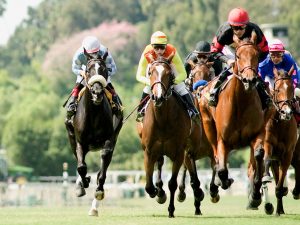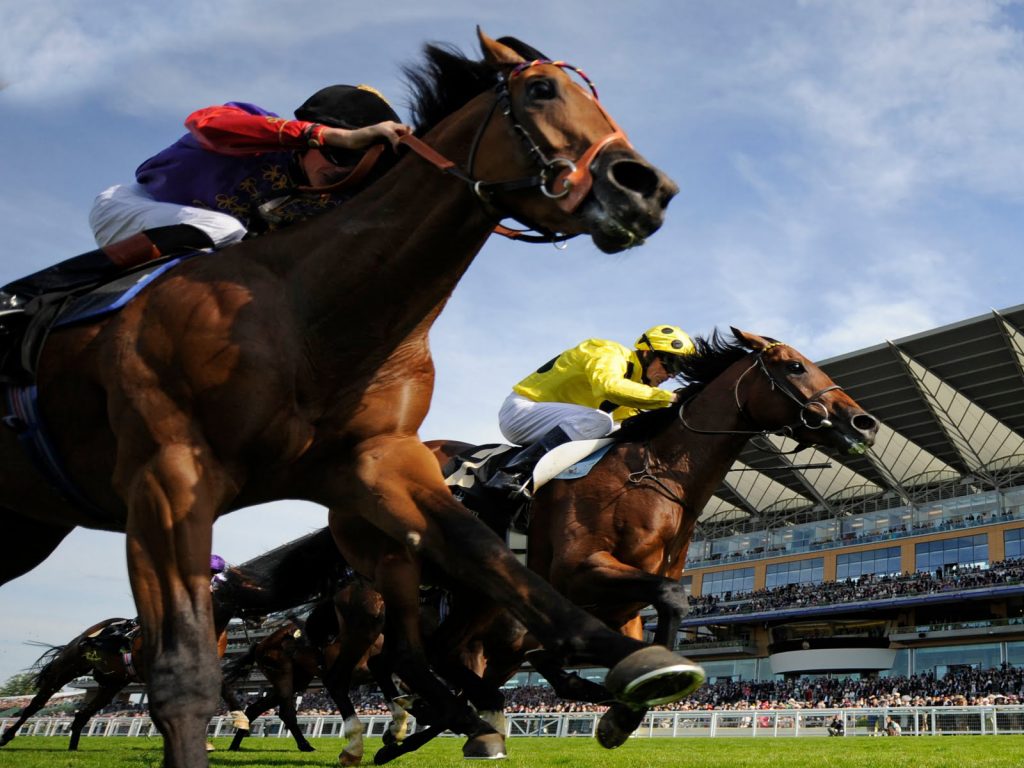If you are a beginner in betting on horses, you are at the right place! In this article, we will give you a detailed overview of the most popular types of bets, as well as some tips on how to choose the winning horse.
Two basic types of bets are straight and exotic wagers. Straight bets are simpler and cheaper, which makes them perfect for beginners. The simplest bet you can place is for a particular horse to win the race. If that horse finishes first, you win money.
 You can also bet “each way” which means, that you will win even if your horse finishes second or third (winnings are usually calculated at around ¼ of the odds that your horse will win). This bet is a bit more expensive than the first one, but it is also safer. In addition to betting on your horse to win, you are also betting on it to “place” (finish second) or “show” (finish third).
You can also bet “each way” which means, that you will win even if your horse finishes second or third (winnings are usually calculated at around ¼ of the odds that your horse will win). This bet is a bit more expensive than the first one, but it is also safer. In addition to betting on your horse to win, you are also betting on it to “place” (finish second) or “show” (finish third).
If you are up for a challenge, you can choose some of the many exotic wagers on offer. These let you make combos of multiple bets across horses and races. Exotic wagers are very risky and generally more expensive, but the potential winnings are huge.
For example, you can bet on three horses to finish first, second and third in an exact order (a tricast), or on several horses to win in separate races. Based on the number of horses, these are called a double, a treble, a fourfold, etc. There are also many combinations of these that you can explore once you learn the basics.
Now to the most important questions of all: how to pick a horse that is going to win? The outcome of a race can never be predicted with certainty, but there are some things you can do to increase your chances.
First of all, you can look at the odds. If the odds are expressed in decimals, bigger numbers mean higher returns, which means that the outcome is less likely. If the odds are expressed in fractions, simply divide them to get the decimals.
There are also hundreds of websites offering daily betting tips. Scrolling through a few of these before the race will help you get the general idea of who the favourites are.
Reading the race day programme will also give you plenty of useful information, including history and statistics for all the horses racing that day. When analysing the tables, here are some things to pay attention to:
1) Class levels: horses are assigned a class based on their performance in order to make the competition fairer. If a horse has recently changed class from higher to lower, this could mean that it could be the winner.
2) Type of surface: Some horses are great on one surface type but terrible on another. Study their performance of various types of surface to determine who has better chances of winning.
3) Jockey’s performance: A talented jockey is generally successful with various horses, which means that it’s safe to bet on him or her to win, place or show.
One of the most fun ways to try to predict the outcome is by observing horses before the race. For example, you can tell that a horse is nervous if it’s sweating a lot. Try to judge if a horse is well-prepared for the race by watching its behaviour. Is it dispirited, energetic, alert, angry, or calm? Gradually, you will learn to read all these little signs that can help you become an expert in horse betting.
Good luck!





